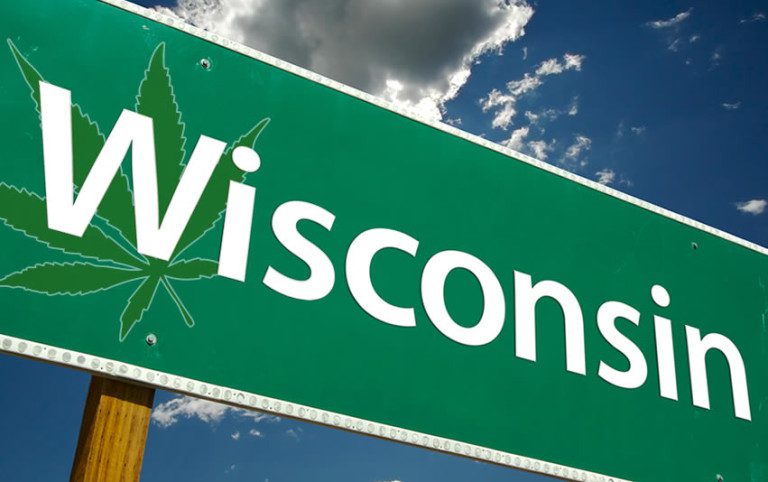June 2025 Marquette Law School Poll Analysis
Wisconsin Voters Overwhelmingly Signal “Yes” to Marijuana Legalization
A new Marquette Law School poll (June 13–19, 2025, n=873, ±4.7%) reveals a striking 67% of Wisconsin registered voters now support legalizing adult-use marijuana—far surpassing opposition at 33%. That marks a +17 point jump from the survey’s 2013 baseline, underscoring a solid, sustained majority that hasn’t dipped below 60% since 2022.
67% of Wisconsin registered voters favor legalizing marijuana, with 33% opposed. Support for legalization grew to over 60% in 2022, where it has remained since. #mulawpoll
— MULawPoll (@MULawPoll) June 25, 2025
Party breakdown:
Democrats: 88% support
Independents: 79% support
Republicans: 44% support (majority still opposed)
Political Implications & Strategy
GOP roadblock remains, but the governor is gearing up for a post-2026 play. Gov. Tony Evers (D) sees this as a prime opportunity: “With fair maps and legislative control, we can finally pass legalization—no more funneling Wisconsinites to Illinois,” he said .
Dems are turning up the volume: At the recent Wisconsin Democratic Party convention, Senate Minority Leader Dianne Hesselbein pledged cannabis legalization if Democrats gain legislative control next year.
Republicans strike again: The Joint Finance Committee has already cut marijuana legalizing and tax components from Evers’s proposed 2025–27 budget, mirroring similar actions in previous sessions.
Financial angle
Evers’ fiscal analysis projects $58.1 million in first-year marijuana tax revenue, growing beyond 2027. Notably, neighboring Illinois accrued $418 million in 2023, with over $35 million sourced from Wisconsin residents.
Tactics for Campaigns & Legislators
Emphasize bipartisan majority: Although GOP voters remain cautious, independents and Democrats deliver a commanding margin. Messaging should stress this isn’t a fringe agenda—it’s mainstream.
Fiscal messaging wins: Frame legalization as a revenue engine for schools, roads, and public safety—selling the prosperity narrative is key.
Border-state pressure is real: With legal dispensaries just across Illinois and Michigan, portray current laws as driving Wisconsinites—and their tax dollars—out of state.
Use referenda and local momentum: Highlight successes of municipal advisory votes (like Dane and Kenosha counties) to show grassroots demand. Wisconsin municipalities and counties have the ability to decriminalize and set priorities for cannabis enforcement, legislators in progressive districts should lean on their local leaders to advance the issue further.
Readiness for 2026: With redrawn legislative maps and the next election cycle approaching, alignment now—building coalitions, shaping bills, and prepping messaging—positions Democrats to capitalize.
Recommended Next Moves
Tactic Purpose
Commission post-poll focus groups (esp. Republican leaners) and drill deeper into messaging that might sway the GOP base.
Develop revenue projection model Illustrate how windfall funds can support critical state priorities.
Build a cross-party task force with seriousness and legitimacy beyond partisan lines. (The Wisconsin Cannabis Caucus)
Prep public referendum language if legislative gridlock persists, consider letting voters decide directly.
In Summary
The Marquette poll’s findings are a strategic goldmine. With two-thirds of voters in favor, clear financial upside, and a legislative narrative ready to pivot post-2026, cannabis legalization is shaping up to be a winning platform—if Democrats can secure majorities or pivot to referenda. For now, the GOP blockage remains entrenched, but the political wind is visibly shifting.










